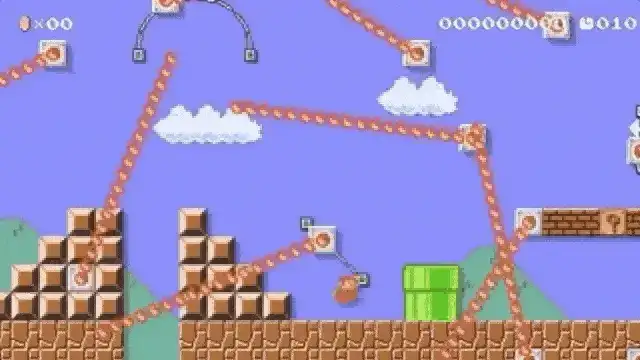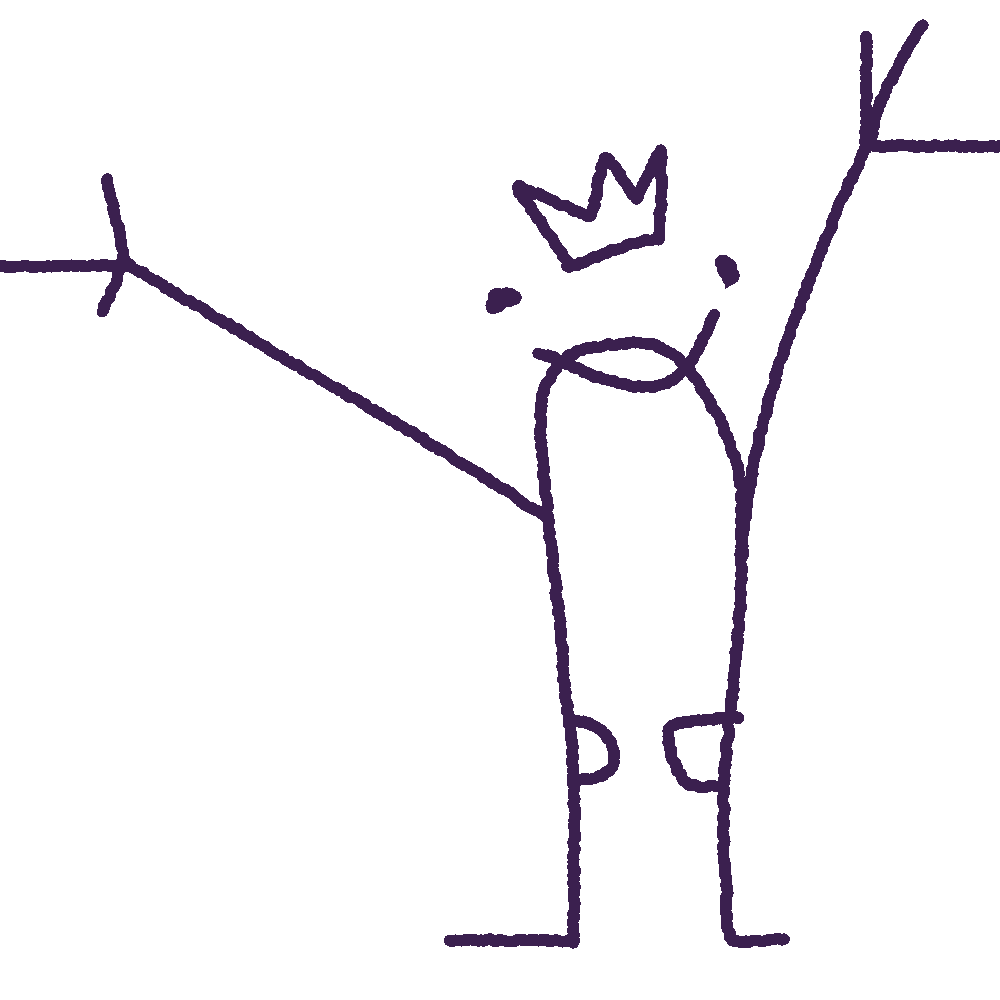
You Used to Be an Advanced Internet User
The internet used to feel like infinite creativity. A place for discovery, experimentation, and patience. If you were online in the early 2000s, you were more than a casual user. You were an explorer, navigating the entanglement of forums, file-sharing sites, and personal blogs. You weren’t just consuming content; you were actively hunting for it, working for it, and savoring every line that came your way.
The internet demanded your focus. It wasn’t something you could idly scroll through on a phone while waiting in line. It was deliberate. You sat down at a desk, waited for the modem’s orchestral screech to connect you, and made a plan. The goal might have been as mundane as finding the trailer for an upcoming movie or as ambitious as downloading an entire film—a process that tested both your technical skills and your patience.
Imagine wanting to watch Indiana Jones 3 but not owning the DVD or a DVD player. You’d fire up your preferred private warez site or your go-to file-sharing program—perhaps LimeWire or DC++—and search. The search results weren’t always clear. Was the file labeled “Indiana_Jones_3.DVD-Rip.CD1.avi” legitimate? Or was it mislabeled, corrupted, or a Trojan virus in disguise?
You’d take the risk and start the download. A slow trickle of data would crawl onto your hard drive over days. You had to keep the computer running for days. If you were lucky, the file wasn’t split into multiple parts requiring esoteric extraction tools. When the download finally completed, you’d hold your breath as you opened it in your media player. Would it actually be the movie? Would the audio sync with the video? Was it going to be in English? Were there subtitles? The entire process was fraught with uncertainty, but it made success that much sweeter. You earned that viewing experience.
Modern web design is all about guiding users effortlessly. Back then, websites were labyrinths. Every forum had its own culture, set of rules, and elaborate navigation systems. You had to register for accounts, decipher CAPTCHA-like puzzles that weren’t meant to be puzzles, and bookmark every URL. So you bookmarked those.
Downloading files often involved multiple redirects, pop-ups, and layers of obfuscation. A single misstep could lead you to a dead link or, worse, a malicious site about how to grow your penis. But you persisted. You learned to read between the lines, spotting real download links among a minefield of fake “Download Now” buttons. It was a trial by fire, and every successful interaction left you feeling more competent, more capable.
The early internet wasn’t designed to keep you engaged. There were no endless feeds, no auto-playing videos, and no notifications competing for your attention. You were the algorithm. If you wanted to find something, you searched for it—manually. And if you wanted to remember it, you saved it: locally, on your hard drive.
Commerce wasn’t ubiquitous either. Yes, there were ads, but they weren’t personalized or omnipresent. No one was trying to upsell you a subscription plan or bombard you with “discounts” that expired in two minutes. When you bought something online, it was usually a deliberate act—an item you had researched thoroughly and chosen with care.
Everything about the early internet required patience. Pages took time to load, downloads spanned days, and finding the right information often meant wading through layers of noise. Every action you took online had weight because it required effort. Your findings were yours.
The web was optimized for those willing to learn its language. You had to understand file types, codecs, and software compatibility. You had to troubleshoot errors, edit HTML, and navigate protocols like FTP. Each skill you picked up made you a more advanced user, and each success felt like an achievement.
Today, the internet is faster, more accessible, and more accommodating. It’s easier to use, but it demands less from us. We no longer need to know how things work; we just expect them to. And while there’s undeniable value in this simplicity, something has been lost.
The early internet wasn’t just a tool; it was a place. A landscape you explored with intention and curiosity. It rewarded perseverance and ingenuity. It forced you to be an active participant rather than a passive consumer. And for all its quirks and challenges, it felt more meaningful.
I miss having that kind of purpose.

